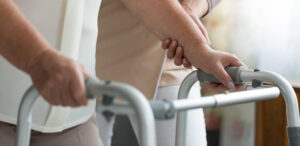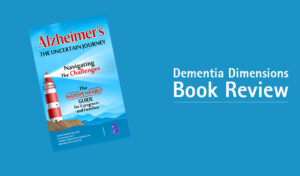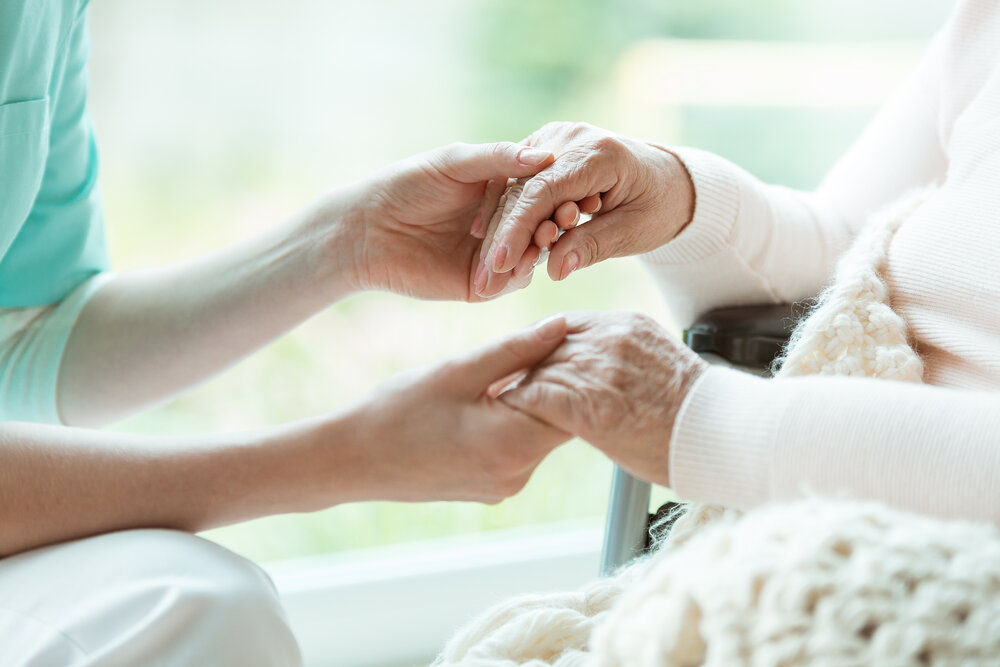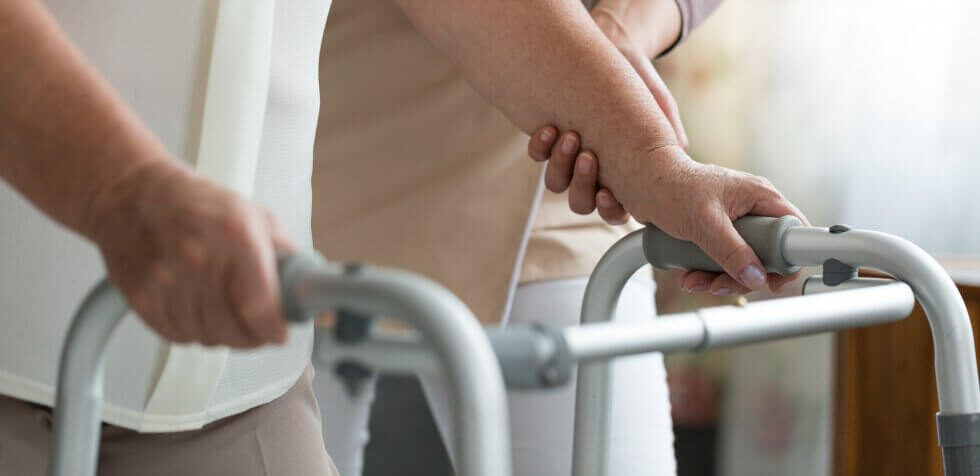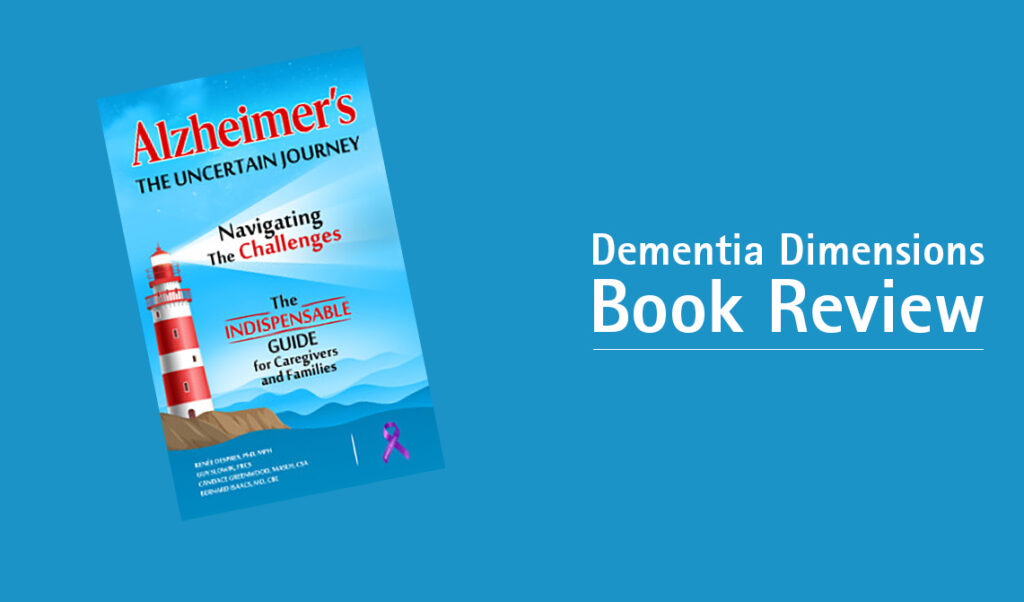Caregiving is a stressful job. On top of the physical exhaustion, caregiver stress (or stress from caregiving) can influence your mental health. Many caregivers have been known to develop or show worsening symptoms of anxiety, depression, irritability, insomnia, and other inflictions. These types of issues can result in a decline in your health, as well as create a resentful relationship with your loved one for whom you are caring.
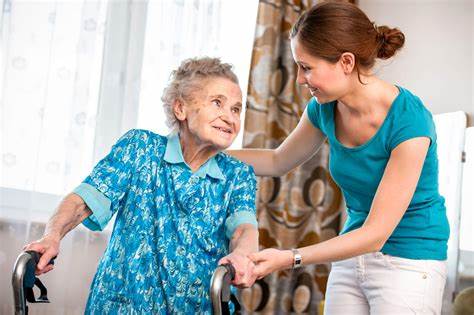
Take Time for Your Mind as the Caregiver
We are often fixating on our loved one’s mental and physical needs when caregiving.
Are they getting enough nutrition? Do they need more help? Is their brain health declining? Can I do more?
While these questions are valid and raise necessary concern when caring for another’s health, you must also focus on your own mental and physical needs.
How to Combat Stress While Caregiving
Everybody has their own way of dealing with stress. Some ways are healthier and more sustainable than others. We must step back and evaluate how we personally deal with situations and work from there. Ask yourself the following questions:

- What is causing this stressed, anxious, and overwhelmed feeling?
- How is it affecting me?
- What changes—both outward and personal—can I make to help?
- What can help me be a healthier, better caregiver now?
- What will help in the long run?
Looking inward and taking time to check in with your feelings is tricky for some. However, it can benefit both you and your loved one.
Some people have quick fixes for handling stress. Taking a walk around the block, napping, picking up a sweet treat, indulging in “unhealthy” food, watching television—all of these activities and more, can help. Treating yourself to the occasional “guilty pleasure” for some short-term emotional relief is encouraged. Still, it is what we do consistently that can help us in the long run when we encounter and deal with future stress.

Consistency is Key in Stress Management
Here are some options to incorporate into your daily and weekly routine that have been proven to help caregivers reduce and/or relieve stress:
- Meditation
- Yoga
- Journaling
- Muscle Relaxation
- Projects

According to CNN Health, “Meditation, a practice of mindfulness, doesn’t have a single universal definition.” Practicing mindfulness has been found to influence two stress pathways in the brain, altering both brain structure and activity in regions that regulate attention and emotion, according to the American Psychological Association.
Incorporating daily or weekly mind-clearing and relaxing activities can give you something to look forward to and allow you crucial time to process stressors and anxieties that may be affecting you.


